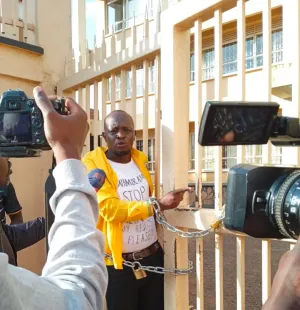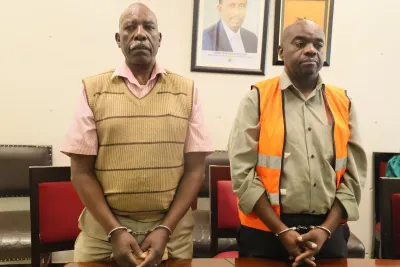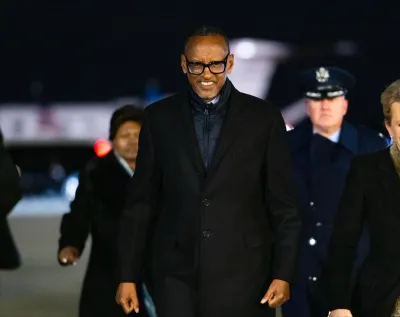
Three out of four citizens (74%) say corruption is either very severe (22%) or extremely severe (52%) in Uganda. Just one out of ten (11%) says the problem is not severe. This view is shared broadly across different demographic groups. Further, citizens rank corruption high on the list of problems facing Uganda.
These findings were released Friday night by Twaweza in a factsheet titled Corruption: Ugandan citizens’ experiences and opinions, based on data from Sauti za Wananchi, a nationally representative high-frequency mobile phone survey. For this brief, data were collected from 2,745 respondents in the eighth round of calls to the second Sauti za Wananchi panel, conducted between June and July 2024, with some supplementary data from other rounds.
Despite the overwhelming majority of citizens who describe corruption as a major problem, citizens are split on whether the government is doing enough to fight corruption. Half (51%) either agree or strongly agree with the view that the government is doing enough, though a substantial minority (36%) either disagree or strongly disagree. Wealthier citizens, better-educated citizens, and residents of urban areas are more likely to say the government is not doing enough. Citizens’ two main ideas for combatting corruption in Uganda are that corrupt officials should be arrested and charged, cited by three out of ten, and introducing strict laws on corruption, mentioned by 29% of the respondents.
These two ideas are well ahead of any other suggestions such as better supervision of government (7%) and audits (1%) which were cited by relatively few. Speaking at the launch of these results, Marie Nanyanzi, a Senior Programmes officer at Twaweza said this data shows that the system is flawed and that even the available laws would do nothing much to help. She says citizens feel there is no way to hold the corrupt accountable.
Further, the new report shows a significant minority of citizens (31%) disagree with the statement that in Uganda everyone is equal before the law, and slightly more than this disagree with the views that the courts (40%) and police (43%) treat everyone the same regardless of tribe. Residents of the Greater Kampala area are least likely to agree with the view that the courts and police treat everyone the same regardless of their tribe. Marie says the major deduction from the data is that corruption is not yet risky in Uganda.
He suggested that one of the ways of cutting the high levels of corruption is reducing as much as possible face to face interactions. Giving an example of the halted Express Penalty system, he says if such as reasonably done, they can go a long way to help.














Guest Writer
Leave a Comment
Your email address will not be published.